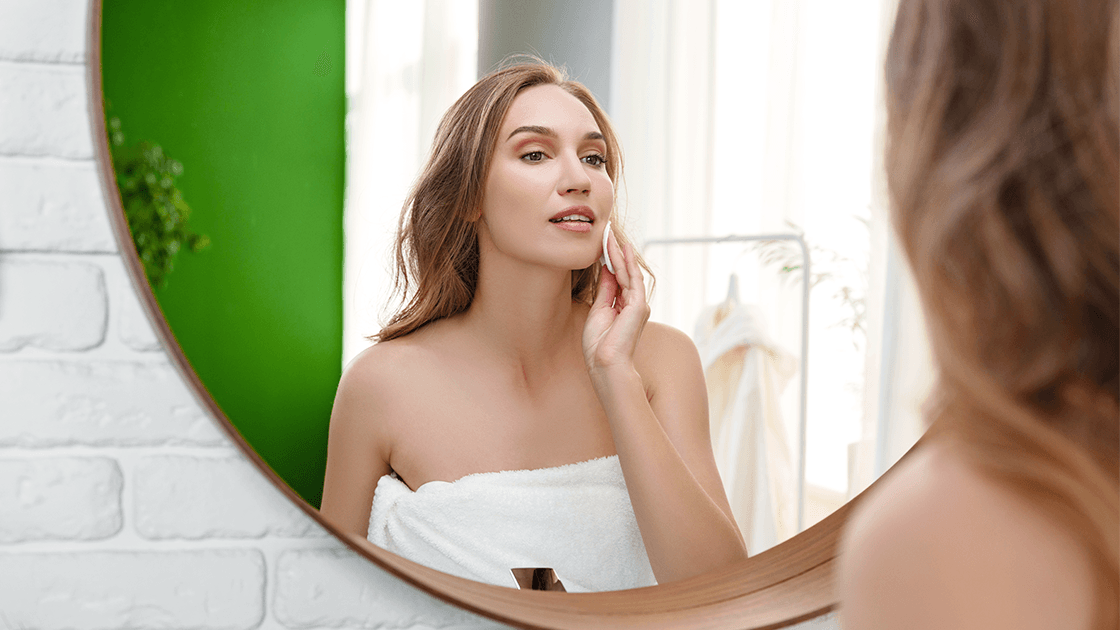Introduction: The New Mom’s Guide to Laser Hair Removal
As a new mom, caring for your baby often means putting your own needs on the back burner. But self-care is important, too! One area that might interest you is laser hair removal. It’s a popular and effective way to keep unwanted hair at bay. But if you’re breastfeeding, you may wonder whether laser hair removal is safe. Let’s explore whether laser hair removal is a good option for new moms and how it can fit into your postpartum life.
Is Laser Hair Removal Effective for Breastfeeding Moms?
Laser hair removal is known for its ability to deliver long-lasting results. However, for breastfeeding moms, there are additional factors to consider, such as hormonal changes that can influence hair growth. Despite the hormonal fluctuations that occur during breastfeeding, laser hair removal can still be effective. Changes in hormones during this period might cause thicker or denser hair growth for some women. But the laser targets the hair follicles at their root, allowing it to treat the hair, regardless of the phase it’s in during the growth cycle. For breastfeeding moms, the laser still works, but multiple treatments may be necessary depending on how the body responds to these hormonal changes.
How Hormonal Changes During Breastfeeding Impact Hair Growth and Treatment
When you’re breastfeeding, your body undergoes hormonal shifts, most notably an increase in prolactin and a decrease in estrogen. These changes affect your hair growth cycle, often making hair grow faster or become thicker. It may also change the texture of your hair, affecting the treatment’s response. The laser treatment targets hair in its anagen phase (the active growth phase), which is when hair is most vulnerable to laser treatment. Since hair growth can be more unpredictable during breastfeeding, the results of laser hair removal may take longer to become noticeable, and a few additional sessions might be required.
Skin Sensitivity and Postpartum Recovery: What You Should Know
Postpartum skin can be more sensitive than usual. After giving birth, your skin may be more prone to irritation and dryness due to hormonal changes, and laser treatment can sometimes cause mild discomfort. Areas of the skin that have been stretched during pregnancy may also react differently to the laser. It’s important to understand that modern laser technologies are adjustable, and experienced technicians can tailor the treatment to your skin’s needs. If your skin is more sensitive postpartum, be sure to discuss it with your technician before your session. This will allow for adjustments to ensure a comfortable treatment experience.
Is It Safe to Get Laser Hair Removal While Breastfeeding?
One of the most frequently asked questions is whether laser hair removal is safe for breastfeeding moms. In general, yes, it is considered safe. Laser hair removal works by targeting hair follicles with focused light, which is absorbed by the pigment in the hair. It doesn’t affect deeper tissues or glands, so it doesn’t interfere with milk production or your baby’s health. Still, every woman’s body is different, and it’s a good idea to speak to your technician about your specific situation. If you have any concerns about your skin, hormonal changes, or how the treatment might affect your breastfeeding routine, a consultation with your technician can help ensure that the treatment is right for you.
Consultation and Professional Advice: What to Discuss with Your Technician
Before you book your session, make sure to have a consultation with your technician. Here are some key things to discuss:
- Hormonal Changes: Let your technician know you’re breastfeeding so they can tailor the treatment plan to accommodate any hormonal changes you may be experiencing.
- Skin Sensitivity: If your skin is more sensitive postpartum, mention it to ensure the laser is set at a comfortable level.
- Expected Results: Understand that your results may vary due to the hormonal changes and it might take a few extra treatments to achieve the desired outcome.
Having a detailed conversation upfront ensures that you’ll have the best possible experience and results with your treatment.








